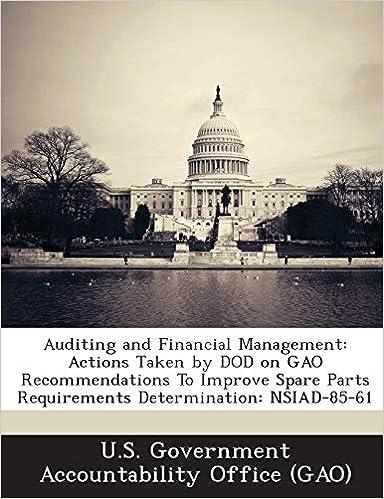QUESTION 2 MajuJaya Manufacturing Sdn Bhd is a major industrial mixer producer in Northern area of Malaysia. The company produces two types of mixers Delta and Fuzzy. Over the last few years, the company's financial performance has been excellent and investors have reacted positively, driving up the share price. Each year, MajuJaya produces annual reports consisting of detailed financial statements and few convincing statements about its commitment to the quality. Information on each model of mixer is as follows: Delta Units manufactured and sold Fuzzy 40,000 units Selling price 30,000 units RM1,500 RM600 Variable costs per unit Hours spent on design RM800 RM300 7,500 hours 2,500 hours Lo hours 0.30 hours Testing and inspection hours per unit Percentage of units reworked in plant 7% 10% Rework costs per mixer RM400 RM150 4% 8% Percentage of units repaired at customer site Repair costs per mixer RM400 RM200 Estimated lost sales due to poor quality (units) 5,000 units Percentage of customer complaints 600 units 3% 5% The labour rate for design is RM80 per hour, and the rate for testing and inspection is RM50 per hour. The plant managers of both Delta and Fuzzy departments are eligible for a bonus if the total costs of quality as a percentage of revenues are less than 10% and the percentage of customer + - CD A D V costs of quality as a percentage of revenues are less than 10% and the percentage of customer complaints is less than 4%. Ahmad, the plant manager of Delta Department, is positive about his performance. However, Amirul, the plant manager of Fuzzy department is unhappy about the customer complaints of 5% because, when preparing this report, Norman, the controller actually surveyed customers regarding customer satisfaction. Amirul expected Norman to be less proactive and to wait for customers to complain. Amirul's concern with Norman's approach is that it introduces subjectivity into the results and also fails to capture the seriousness of customers" concerns. Amirul commented: "When you wait for a customer to complain, you know they are complaining because it is something important. When you do customer surveys, customers mention whatever is on their mind, even if it is not terribly important. Norman on the other hand, is confident that the customer's complaints are genuine and that customers are concerned about quality and service. He believes that it is important for MajuJaya to be proactive and obtain timely customer feedback, and then to use this information to make improvements. He is also well aware that MajuJaya has not done customer surveys in the past. He is now confused about how to handle the bonus assessment issue for both plant managers. 3 Required: 1. Prepare a cost of quality report for Delta and Fuzzy. Classify the costs into prevention costs, appraisal costs, internal failure costs and external failure costs. (14 marks) 2. Refer to your answer in requirement (1). Compare and comment on the costs of quality for Delta and Fuzzy. (4 marks) 3. Which plant manager would be entitled for the bonus? Would it be unethical for Norman, the controller, to modify his analysis? Explain. Provide your explanation from an ethical and Islamic perspective. 4. During one monthly operation meeting, engineer and marketing managers had a chat (4 marks) just before the start of the meeting. The engineer argues, "Quality means the product will perform faultlessly". A marketing manager retorts, "No, quality is whatever the customer says it is." Are these views conflicting? Explain. (3 marks) (Total: 25 marks)









